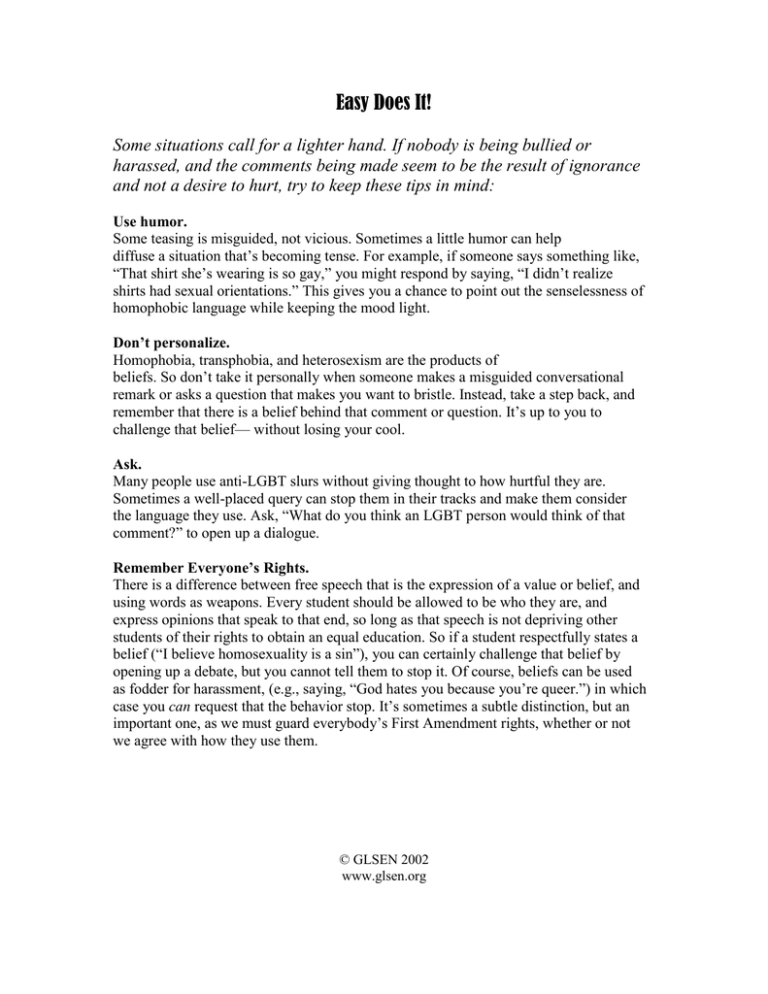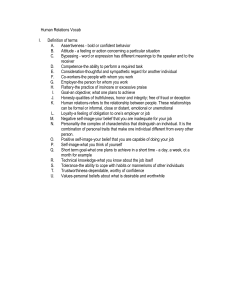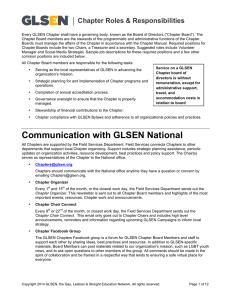Easy Does It!
advertisement

Easy Does It! Some situations call for a lighter hand. If nobody is being bullied or harassed, and the comments being made seem to be the result of ignorance and not a desire to hurt, try to keep these tips in mind: Use humor. Some teasing is misguided, not vicious. Sometimes a little humor can help diffuse a situation that’s becoming tense. For example, if someone says something like, “That shirt she’s wearing is so gay,” you might respond by saying, “I didn’t realize shirts had sexual orientations.” This gives you a chance to point out the senselessness of homophobic language while keeping the mood light. Don’t personalize. Homophobia, transphobia, and heterosexism are the products of beliefs. So don’t take it personally when someone makes a misguided conversational remark or asks a question that makes you want to bristle. Instead, take a step back, and remember that there is a belief behind that comment or question. It’s up to you to challenge that belief— without losing your cool. Ask. Many people use anti-LGBT slurs without giving thought to how hurtful they are. Sometimes a well-placed query can stop them in their tracks and make them consider the language they use. Ask, “What do you think an LGBT person would think of that comment?” to open up a dialogue. Remember Everyone’s Rights. There is a difference between free speech that is the expression of a value or belief, and using words as weapons. Every student should be allowed to be who they are, and express opinions that speak to that end, so long as that speech is not depriving other students of their rights to obtain an equal education. So if a student respectfully states a belief (“I believe homosexuality is a sin”), you can certainly challenge that belief by opening up a debate, but you cannot tell them to stop it. Of course, beliefs can be used as fodder for harassment, (e.g., saying, “God hates you because you’re queer.”) in which case you can request that the behavior stop. It’s sometimes a subtle distinction, but an important one, as we must guard everybody’s First Amendment rights, whether or not we agree with how they use them. © GLSEN 2002 www.glsen.org




